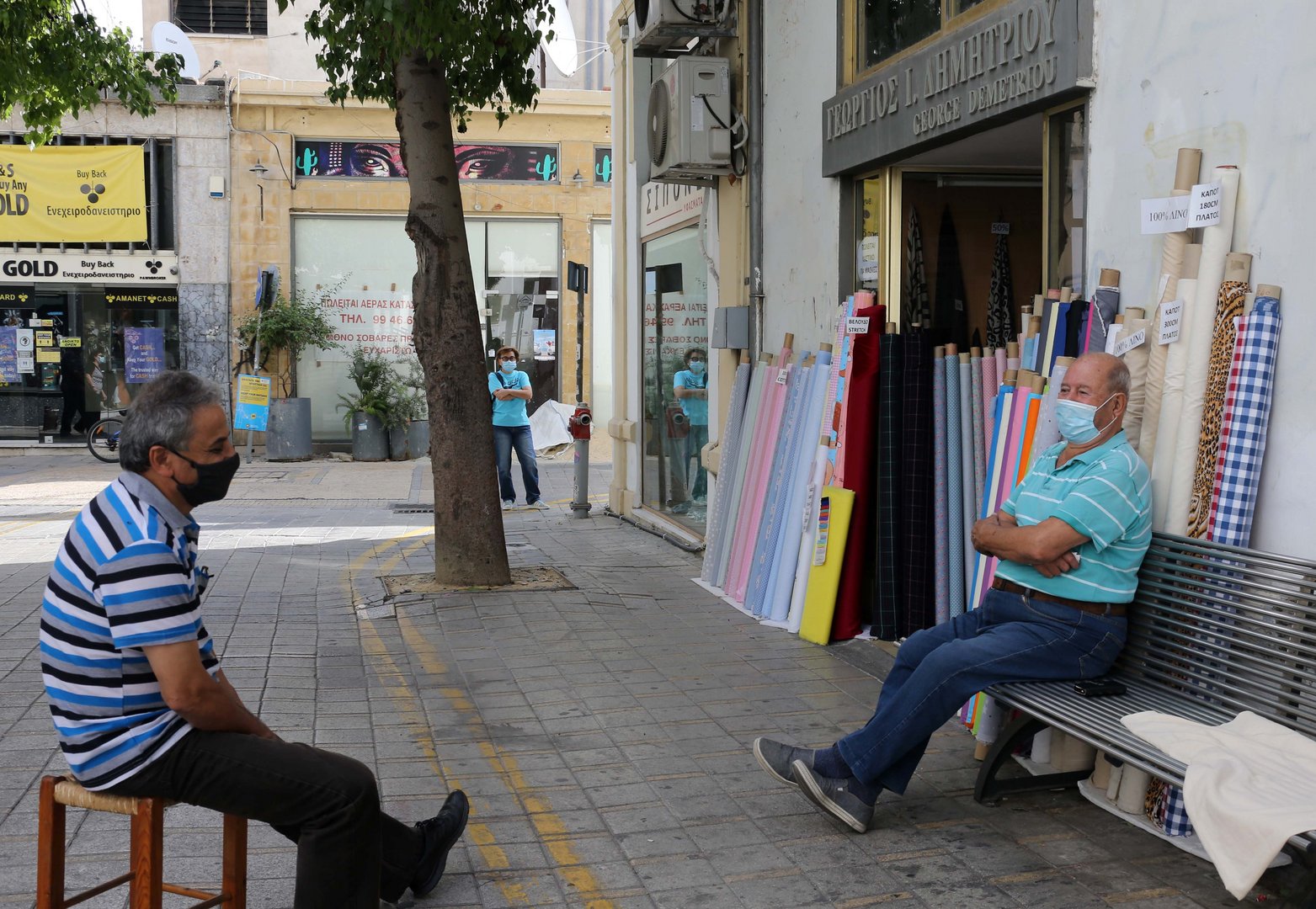Stepping up measures against the coronavirus is not on the cards right now, Health Minister Michalis Hadjipantelas said on Tuesday, though concerns have been voiced over the recent uptick in infections.
The minister said stricter measures were not something the government was looking into at present though he has asked the contact tracing team to track down the origins of the recent uptick in infections.
“Rolling out stricter measures is not something that is under examination at the moment,” he said. “We will wait and see the course of the cases in the next days and decide accordingly.”
Health authorities are concerned over the rise – 280 were reported on Monday after weeks of the daily tally remaining below 200 — and whether this was related to the appearance of the Delta Plus variant of the virus.
Scientists suggested the new variant is more transmissible than its highly transmissible predecessor, Delta, but so far there has not been any proof that it causes more serious illness.
“Certainly, we are concerned by the rise in cases. I have asked the contact tracing team about where they came from and we shall see if it would be necessary to take any measures to contain the increase,” the minister said.
Earlier, the Cyprus News Agency reported that the cabinet will review the situation on Thursday and in all likelihood it will extend the existing measures, which expire next Monday, for another two weeks, citing an unnamed government source.
A health ministry source said going into a lockdown was a remote possibility and not in the government’s plans.
“There are no thoughts currently for a lockdown in Cyprus. Such a scenario is extreme because of the high rate of vaccinations in the country,” the source said.
But a lockdown cannot be ruled out altogether if there is a serious worsening of the epidemiological situation going into winter.
Cyprus has so far fully vaccinated around 80 per cent of its adult population, or 572,768 people while 82.2 per cent, or 588,118 people have received at least one dose of a Covid vaccine.
Around 40 per cent of youths aged between 16 and 17 (7,543 people) have been fully vaccinated, with 8,000 individuals or 42.3 per cent receiving the first dose.
In the 12 to 15 group, 9,505 individuals, or 26.2 per cent, have received both doses while 28.6 per cent, or 10,351 people, got the first dose.
In total, 66.4 per cent of the population or 589,816 people have been fully vaccinated and 39,850 have so far received a booster shot.
Walk-in centres have vaccinated close to 100,000 people.
Hadjipantelas said they were planning a largescale vaccination at a mall later in November. They were also looking into the possibility of visiting schools where the vaccination rate was low to try and convince pupils to get their jabs.







Click here to change your cookie preferences